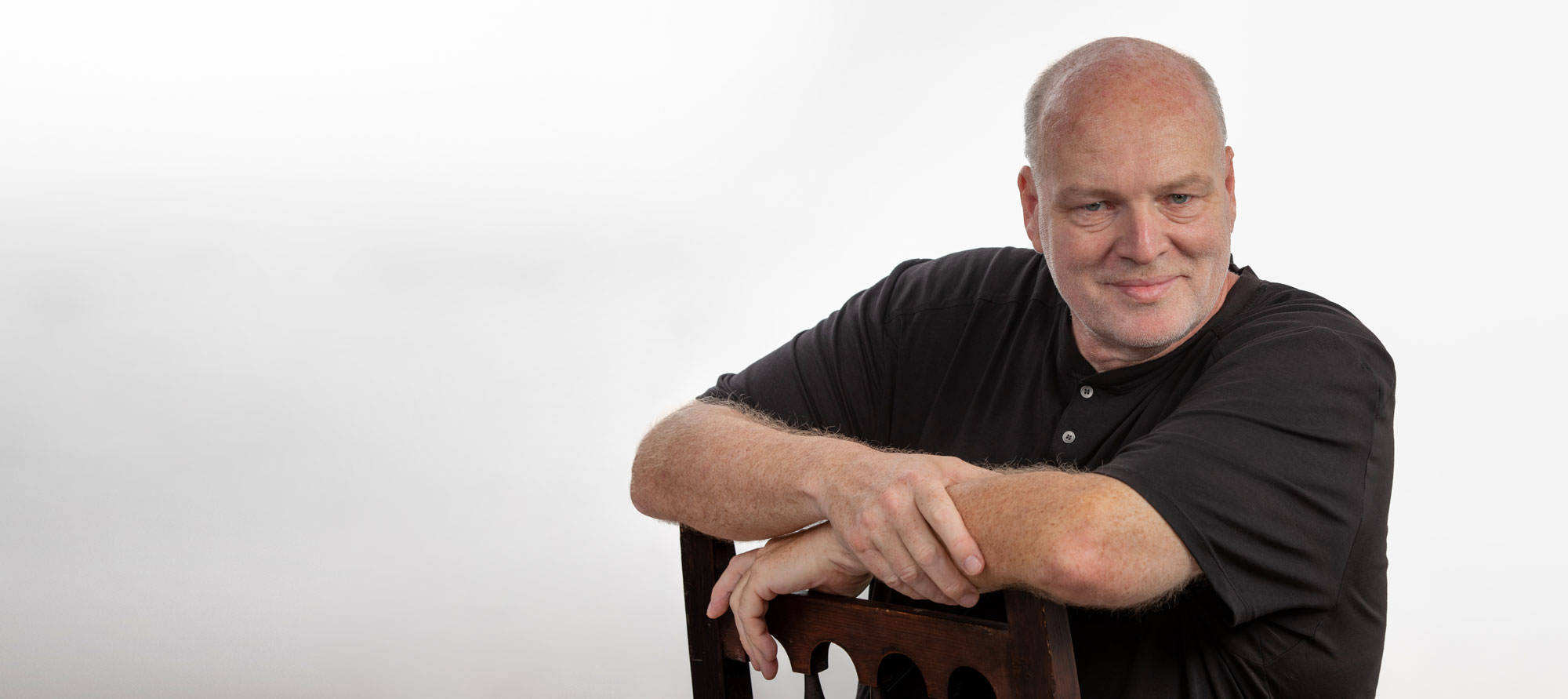Detective Pux here, at your service. Today, I'm here to crack the case of whether it's hard to breathe in Colorado while skiing.
As a detective, I'm used to sniffing out the truth. So, I decided to hit the slopes myself and investigate this matter firsthand. And let me tell you, it wasn't easy.
First things first, I had to strap on my skis and hit the mountain. Now, I'm not exactly a professional skier, but I'm not a total novice either. However, the altitude in Colorado can make even the most experienced skiers feel like they're learning all over again.
As I ascended up the mountain, I started to notice something odd. It wasn't necessarily hard to breathe, but I did feel like I was breathing differently than I normally would. And my nose felt a little congested too. But was it because of the altitude, or because I forgot to bring my trusty handkerchief?
I needed more evidence, so I decided to interview some of the locals. I chatted with a friendly ski instructor, who told me that the altitude definitely affects your breathing. He said that because the air is thinner at higher altitudes, your body has to work harder to get enough oxygen. And that can cause shortness of breath, fatigue, and even headaches.
Now, I don't know about you, but I'd rather not have a headache while skiing down a mountain at high speeds. So, I asked the ski instructor what I could do to prevent this from happening. His advice? Drink lots of water, take breaks when needed, and try not to overexert yourself.
Well, I'm not one to ignore expert advice, so I made sure to stay hydrated and take breaks often. And let me tell you, it made a world of difference. I didn't feel as winded or fatigued as I thought I would, and I was able to ski for longer periods of time without feeling like I was going to collapse.
But wait, there's more! I decided to take my investigation a step further and consult with a medical professional. I spoke with a doctor who specializes in altitude sickness, and he confirmed what the ski instructor told me. He said that when you go to higher altitudes, the air pressure decreases, which means there are fewer oxygen molecules per breath.
He also said that people who are more susceptible to altitude sickness include those who live at or near sea level, those who have respiratory problems, and those who are older. Well, I may not be old, but I do live near the ocean, so I guess I'm in that group.
The doctor recommended that if you're planning a trip to a high-altitude location like Colorado, you should acclimate yourself slowly. That means spending a day or two at a lower altitude before going up to the mountains. And if you start feeling symptoms like shortness of breath or headaches, it's important to rest and take it easy.
So, what's the verdict? Is it hard to breathe in Colorado while skiing? The answer is yes and no. Yes, because the altitude can cause some discomfort and make it harder to breathe than you might be used to. But no, because with the right preparation and precautions, you can still enjoy your ski trip without feeling like you're suffocating.
In conclusion, if you're planning a ski trip to Colorado, make sure you're prepared for the altitude. Drink lots of water, take breaks often, and don't overexert yourself. And if you start feeling symptoms of altitude sickness, don't be a hero. Rest and take it easy.
As for me, well, I'm going to hang up my skis and stick to my detective work. Let's just say that skiing is not my strong suit. But hey, at least I can say that I've solved the case of whether it's hard to breathe in Colorado while skiing. And now, if anyone asks me, I'll be able to give them a definitive answer.
But if you do decide to hit the slopes, just remember to take it easy and enjoy the scenery. And who knows, you might even spot a suspect or two while you're up there. After all, as a detective, you never know when a case might present itself.
Until next time, this is Detective Pux signing off. Stay safe, stay curious, and stay on the lookout for clues!
